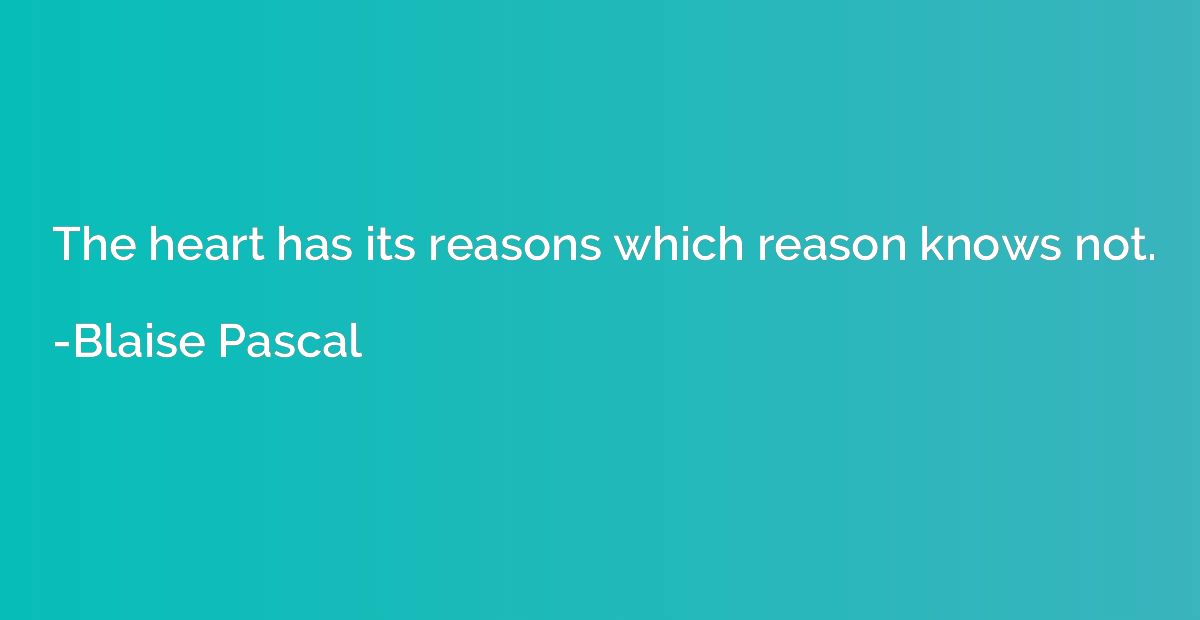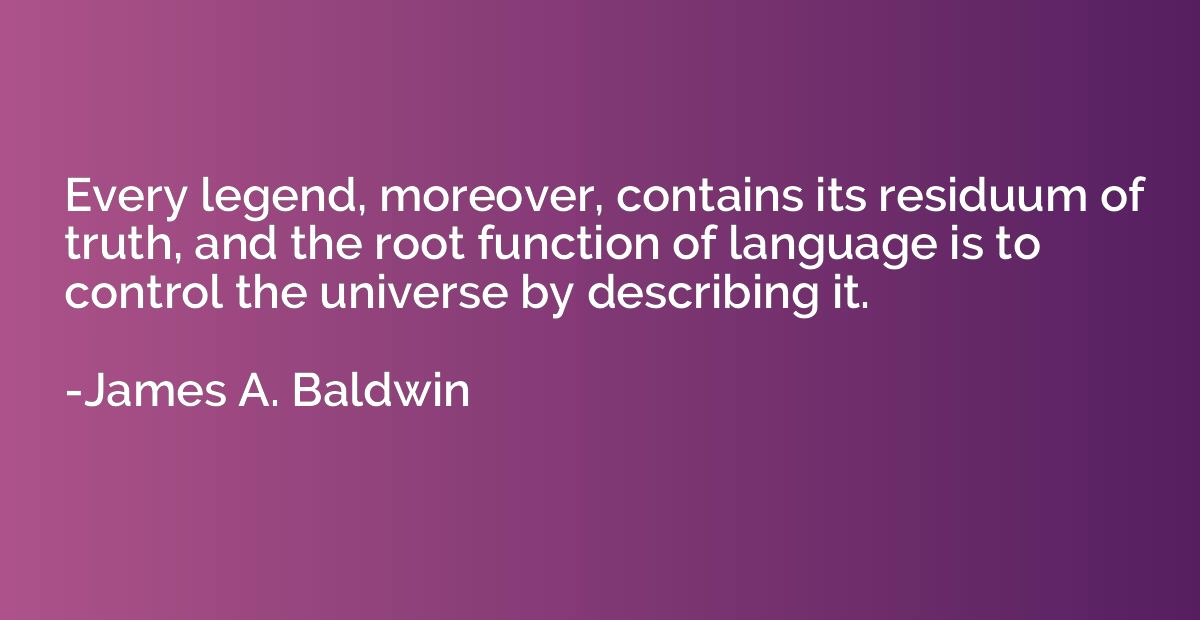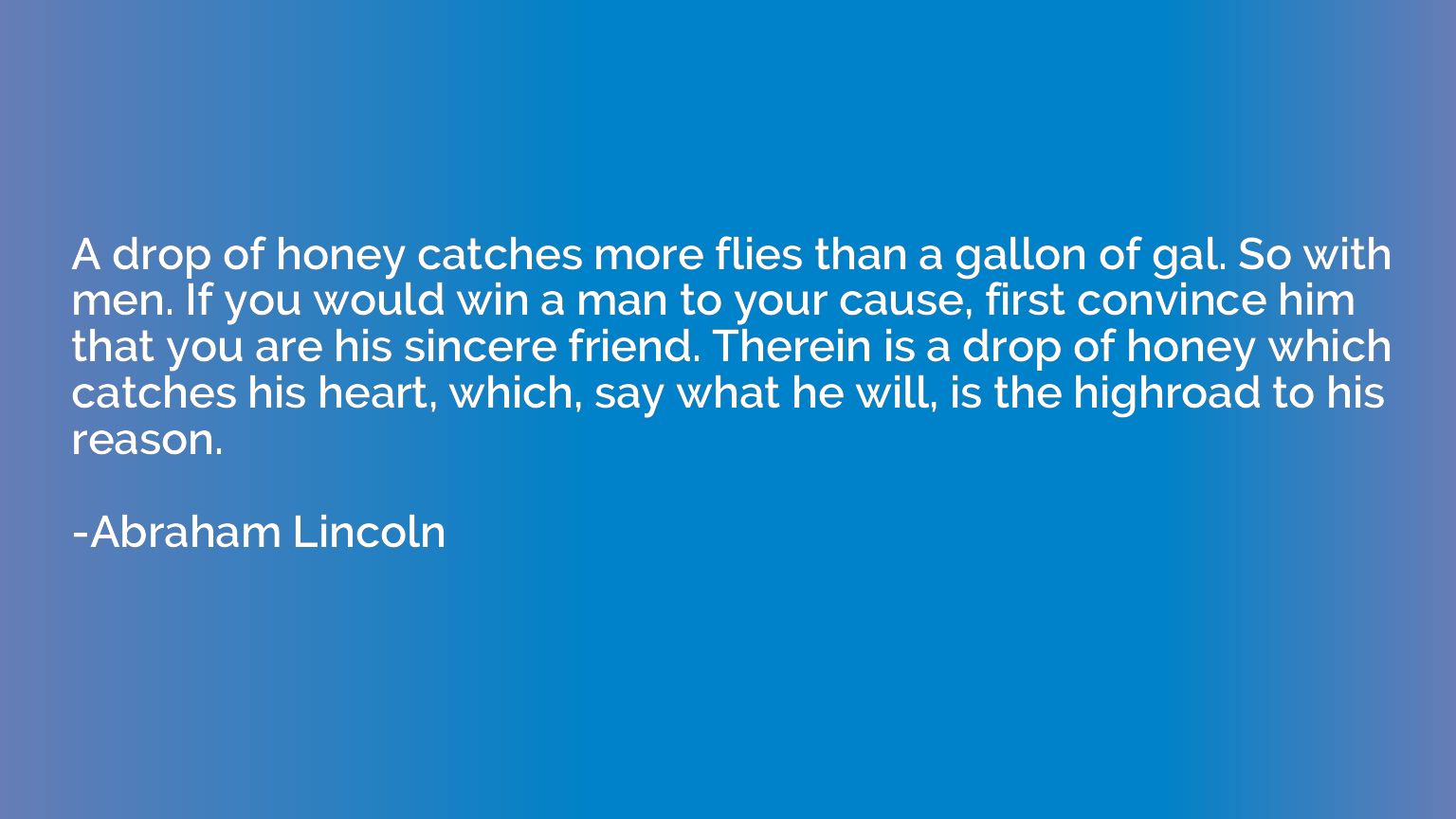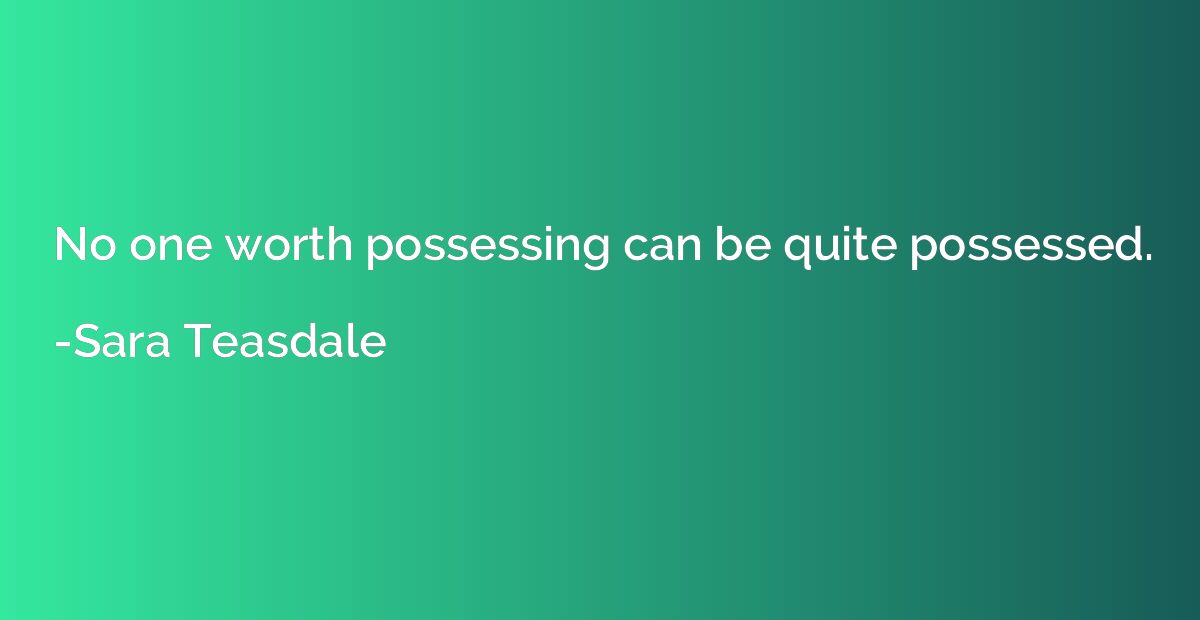Quote by Terrence Malick
The nuns taught us there are two ways through life, the way of Nature and the way of Grace. You have to choose which one you'll follow. Grace doesn't try to please itself. Accepts being slighted, forgotten, disliked. Accepts insults and injuries.Nature only wants to please itself. Get others to please it too. Likes to lord it over them. To have its own way. It finds reasons to be unhappy when all the world is shining around it. And love is smiling through all things.
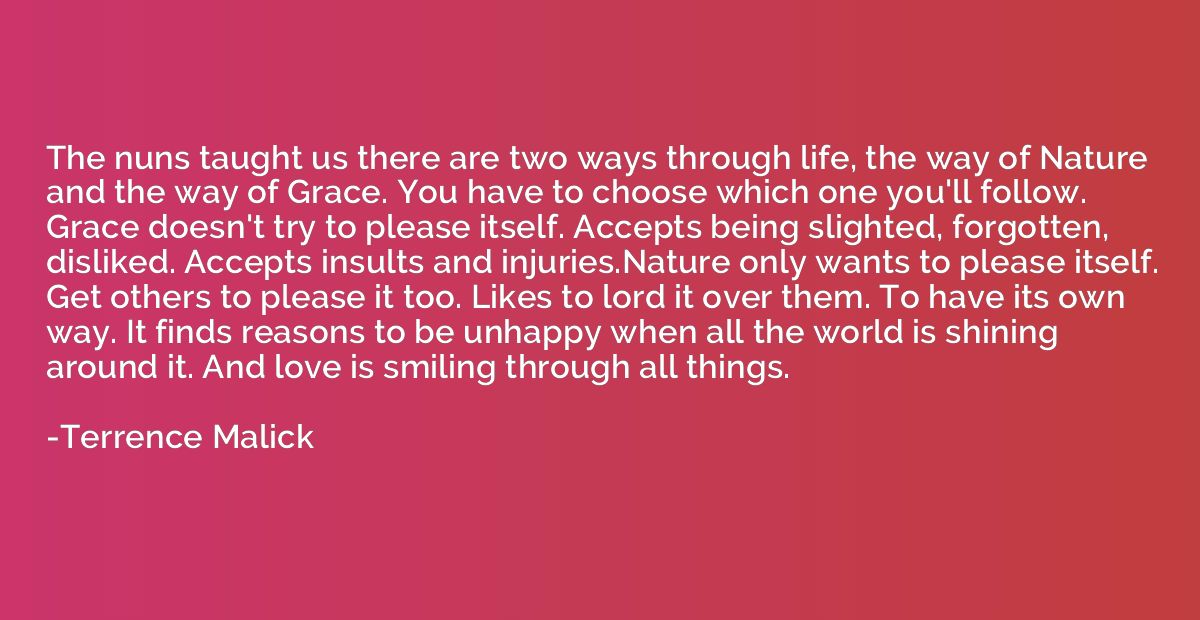
Summary
This quote explores the dichotomy between the ways of Nature and Grace as taught by the nuns. It suggests that choosing between these two paths in life is essential. Grace is described as selfless, humble, and accepting of hardships, disregarding personal desires in favor of a greater good. On the other hand, Nature is portrayed as self-centered, seeking pleasure and dominance over others, and often succumbing to negativity even in a world filled with love and beauty. The quote challenges individuals to reflect on their choices and prioritize virtuous behavior over self-serving actions.






